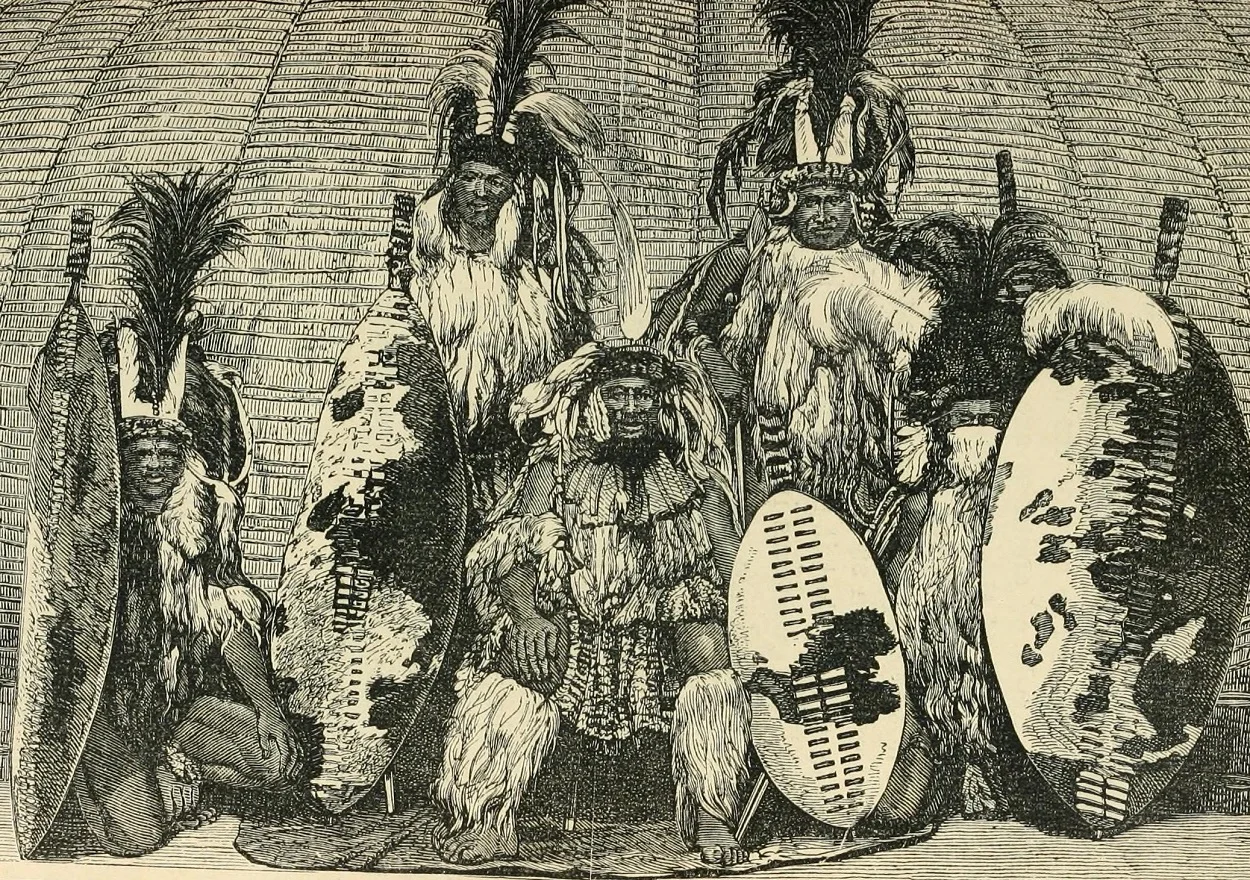A study, published in the journal Proteomics, presents new evidence to suggest that voodoo blood rituals were performed at the palace of King Ghezo.
Ghezo was King of Dahomey (present-day Republic of Benin) from 1818 until 1858. His reign is defined by several important military victories, domestic dissent, and the transformation of the slave trade economy.
His kingdom was an important regional power with a domestic economy built on conquest and slave labour.
Raids against neighbouring nations provided captive slaves to trade in exchange for European goods. Some slaves were also forced into servitude on Dahomey’s royal plantations, or were killed in human sacrifices during festival celebrations.
The palace of King Ghezo is located in the city of Abomey, the former capital of Dahomey and the present-day capital of the Zou department in southern Benin.
According to legend, the walls of several structures in the palace were made using a mixture of red oil and lustral water mixed with the blood of 41 sacrificial victims (41 is a sacred number in voodoo).
Samples of mortal material were taken from two sacred huts that served as specific funerary structures within the palace complex. The researchers conducted a metaproteomics analysis of the samples, revealing traces of a variety of organisms, including several indicators attested to the presence of human and poultry blood.
Blood is an integral part of voodoo rituals, while animal blood (in particular chicken blood), is used to animate a fetish (totem or wooden statue).
According to the study authors: “Our comprehensive inventory of protein material was used to archaeologically reconstruct voodoo consecration and vitality maintenance rituals. Several indicators attested to the presence of traces of human and poultry blood in the collected material. Thus, we confirmed that the wall binder is made of human blood, a conclusion that could not have been reached with nucleic acid sequencing approaches.”
Header Image Credit : King Ghezo – 1859 – Public Domain
Sources : Metaproteomic analysis of King Ghezo tomb wall (Abomey, Benin) confirms 19th century voodoo sacrifices. https://doi.org/10.1002/pmic.202400048





